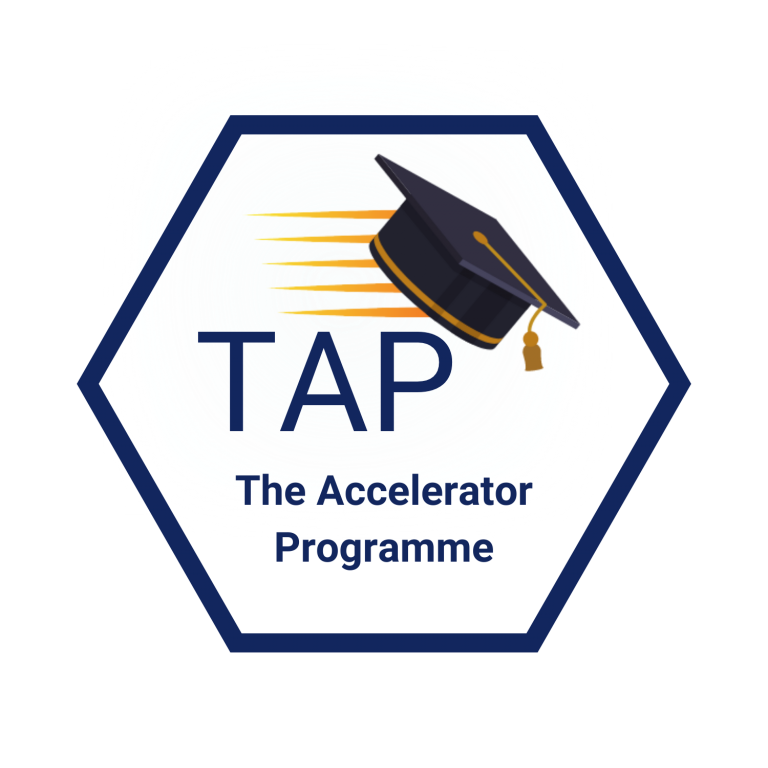
This Facilitation skills course will provide recognition for those who facilitate or intend to facilitate learning using a variety of given methodologies. Formal recognition will enhance their employability and also provide a means to identify competent learning facilitators.
Unit 1: Plan and prepare for facilitation
- Analysis of learners and learning needs reveals the key elements of learning required to achieve defined outcomes. The learning outcomes are confirmed to meet stakeholder objectives.
- Plans cater for the needs of learners and stakeholders, possible learning barriers, previous learning experiences, literacy and numeracy levels, language, culture, special needs and different learning styles.
- Resources, locations, and personnel are arranged to suit intended delivery.
- Learning material is prepared to suit the purpose of the facilitated activities and the agreed outcomes.
- Facilitation methods selected are appropriate to the learners and agreed learning outcomes. Descriptions are provided of a variety of facilitation methodologies in terms of their essential approach and purpose, and selected methodologies are justified in terms of applicability to the identified learning needs.
- Preparation of the facilitation process ensures the facilitator is ready to implement the process. This includes the availability of key questions, scenarios, triggers, challenges, problems, tasks and activities as is appropriate to the situation.
- The learning environment is arranged to meet organisational and legislative requirements for safety and accessibility.
- Review criteria are established and documented in accordance with organisation policies and procedures.
Unit 2: Facilitate learning
- Learning is facilitated in a coherent manner using appropriate methodologies in line with established principles associated with selected methodologies.
- The learning environment and facilitation approach promotes open interaction and ensures learners are aware of expected learning outcomes and are active participants in their own learning.
- The facilitation approach and use of facilitated activities enables learners to draw from and share their own experiences and work out and apply concepts for themselves.
- Facilitation contributes to the development of concepts through participation and provides opportunities to practise and consolidate learning. Facilitation promotes the achievement of agreed learning outcomes by individuals while maintaining an emphasis on the manner and quality of the learning experience.
- Groups are managed in line with facilitation principles and in a manner that maximises the strengths of group learning while recognising the needs and requirements of individual members.
- Questioning techniques are consistent with the facilitation approach, promote learner involvement and contribute towards the achievement of learning outcomes.
- Opportunities are created to monitor learner’s progress in terms of the agreed outcomes, and where possible facilitate the gathering of evidence for assessment purposes. Where necessary, modifications are made to the facilitation approach to ensure the learners’ needs are addressed.
Unit 3: Evaluate learning and facilitation
- The review reveals strengths and weaknesses of the planning, preparation and facilitation of learning.
- Review includes useful recommendations for improvement in future interventions, including the possibility of remedial actions.
Duration: 1 Day
Delivery: Classroom
5 Day Courses: Participants will receive a SpecCon Holdings certificate upon completion of all courses.
1 Day Courses: Participants will receive a SpecCon Holdings certificate upon completion of this course










